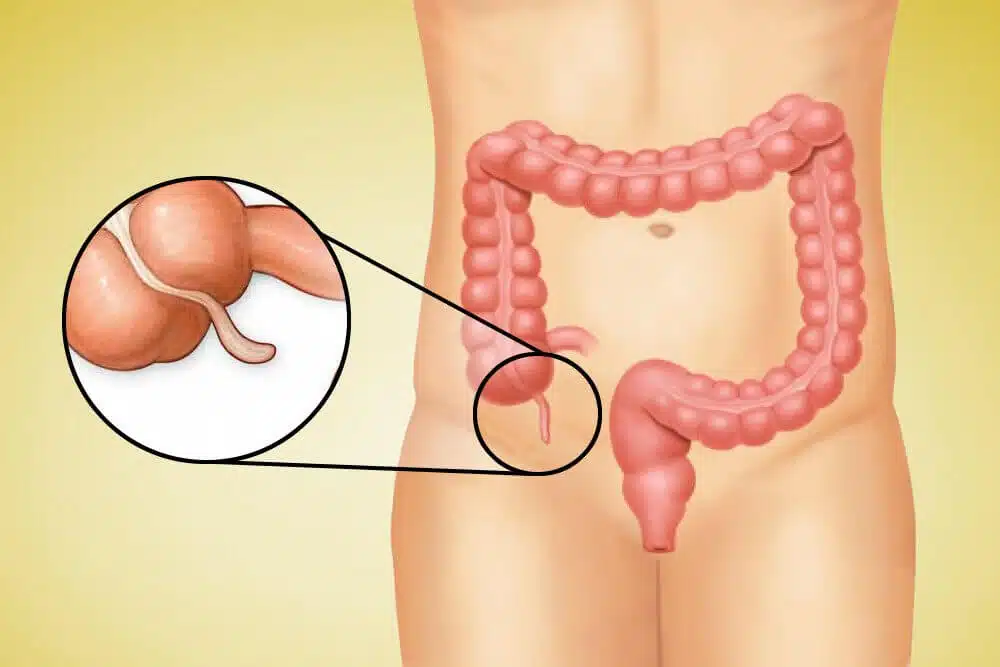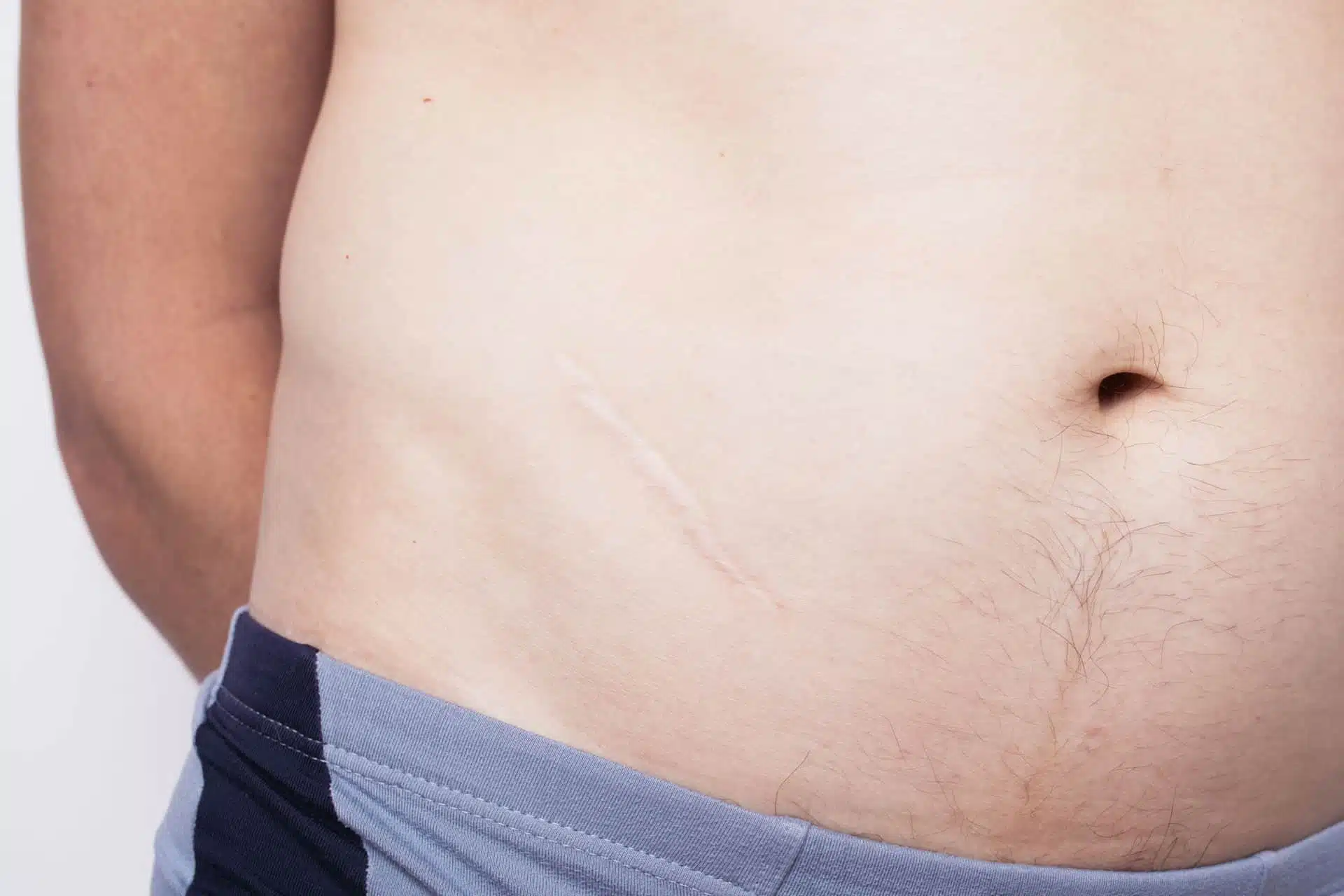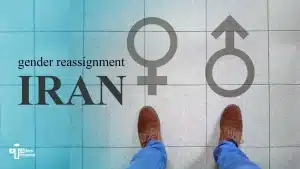Appendix removal surgery
Appendix removal surgery is called the Appendectomy. On the other hand, Appendectomy is a common surgery to treat appendicitis. Here we are going to provide some useful information about Appendix removal surgery. The appendix is a minor, tube-shaped pouch close to your large intestine. Its exact function is unknown, however, if the things make appendix instructed, you need to do some for treating it.
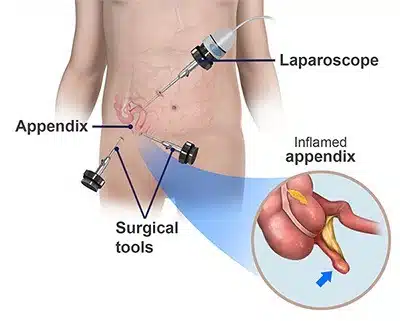
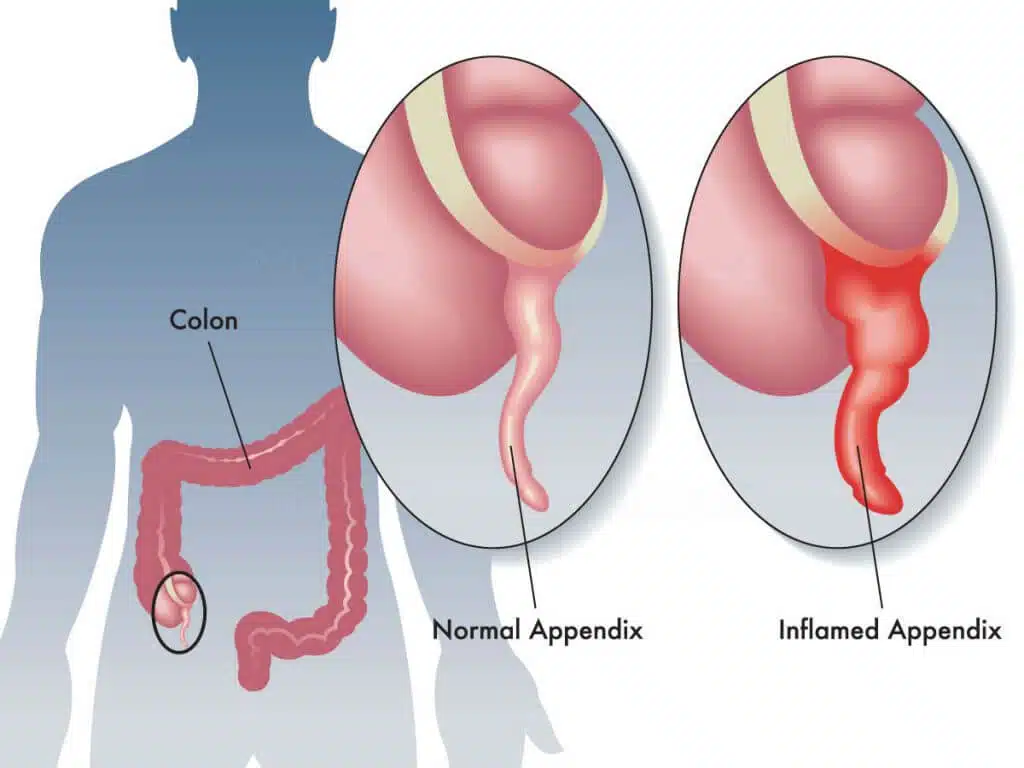
How do I prepare for an Appendix removal?
You must avoid eating and drinking before the appendectomy. It’s also vital to identify any medicines you may use. Your doctor keeps you notice how they must be used beforehand and afterward the process. You must tell your surgeon if:
- You are pregnant or think you might be pregnant
- You have allergy
- You are sensitive to latex
- You have bleeding disorders
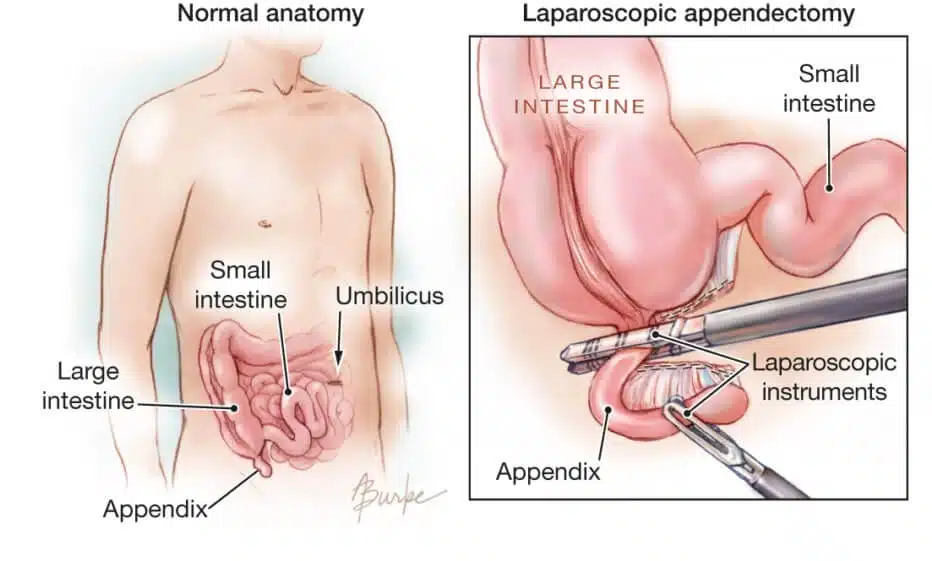
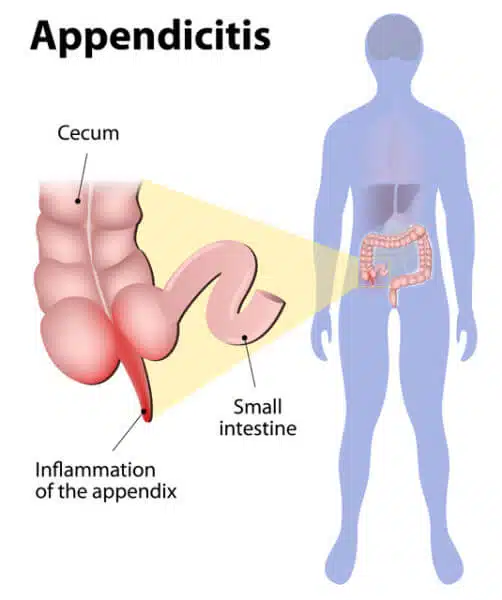
Why Is an Appendix removal performed?
An appendectomy is done to eliminate the appendix when there is one. This disorder is known as appendicitis which means the infection of appendix. The infection may occur because of bacteria and stool. It is common that your appendix get swollen and inflamed. Signs of appendicitis contain:
- Abdominal pain
- Abdominal swelling
- Inflexible and contracted abdominal muscles
- Constipation
- Nausea
- Vomiting
- Loss of appetite
- Low-grade fever
What Are the Risks of Appendix removal?
Appendix removal is a simple procedure. Though, there are some risks including:
- bleeding
- infection
- injury to nearby organs
- blocked and obstructed bowels
It’s vital to note that the mentioned risks are much less side effects compared with the risks related to untreated appendicitis. In order to prevent abscesses formation, an appendectomy is essential immediately.
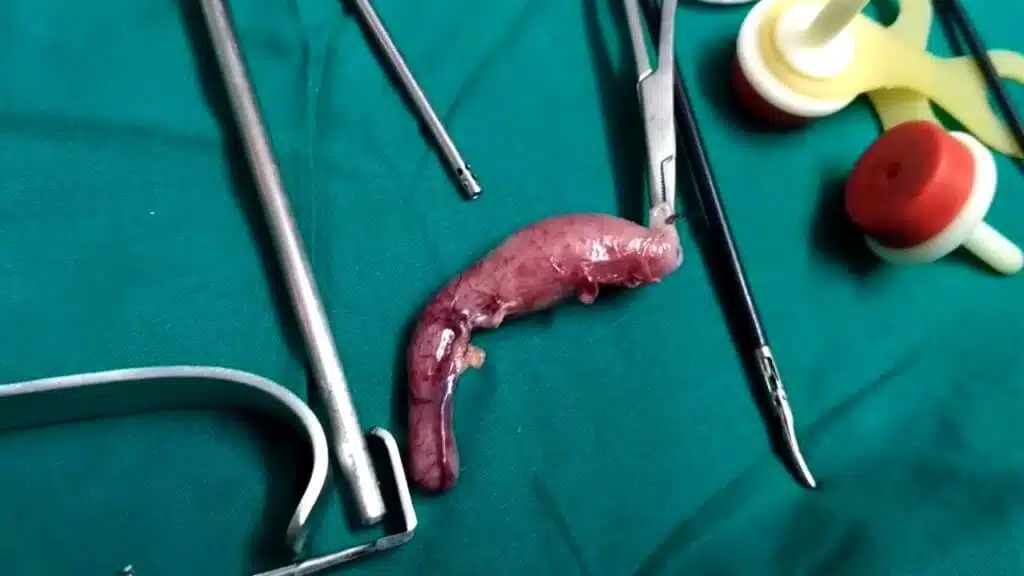
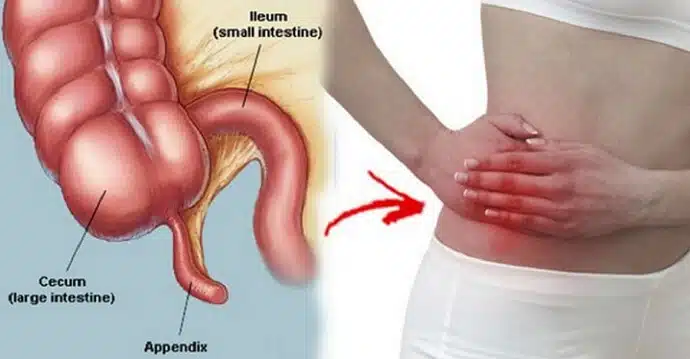
What Happens After Appendix removal surgery?
When the appendectomy is over, you’ll be observed for several hours before you’re released from the hospital. Your vital signs, such as your breathing and heart rate, will be monitored closely. Hospital staff will also check for any adverse reactions to the anesthesia or the procedure. The timing of your release will depend on:
- your overall physical condition
- the type of appendectomy performed
- your body’s reaction to the surgery
- Fever upper than 101°F or 38 °c
- Not passing gas
- Aching that persists
- Severe intestinal pain
- Vomiting







